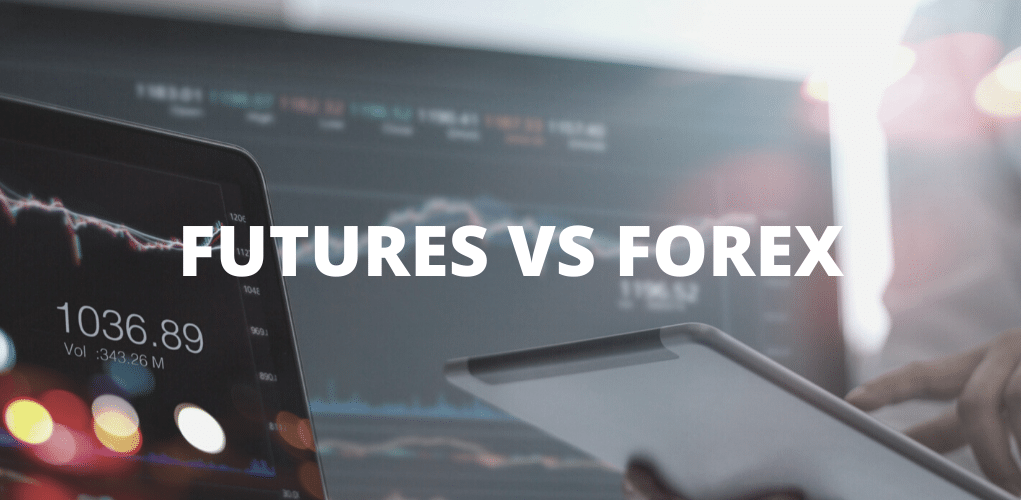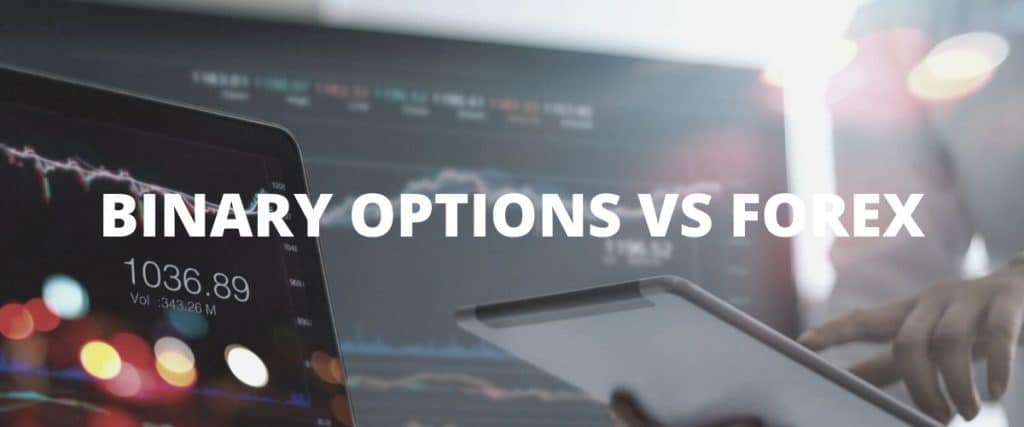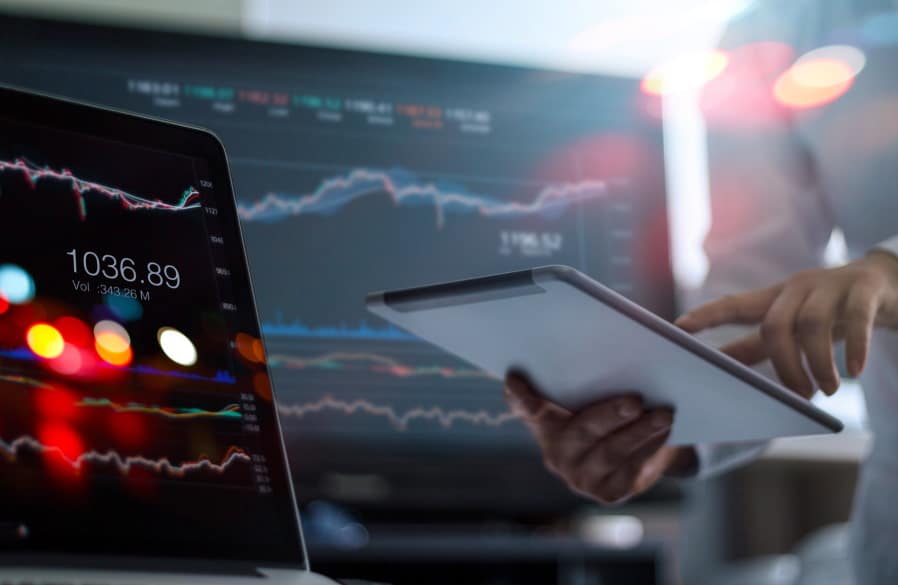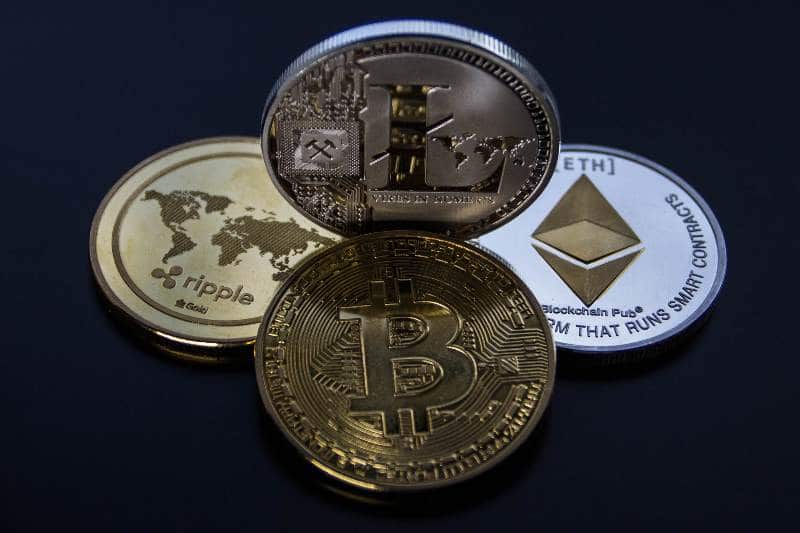What is the difference between Forex vs Futures trading? How do both markets operate? If you are like a lot of people, you’ve probably asked these questions.
Fortunately, in this article, you are going to find answers to the above questions, and you’re going to learn why both Forex and Futures trading are different and unique in their own way.
So, without further introduction, let’s jump in with the discussion of what Forex and Futures trading really mean, and how they differ from each other.
Meaning of Forex and Futures
Forex stands for Foreign exchange, and it typically involves the exchange of one currency for another. For instance, when you travel to a different country, and you exchange the currency of your country for the currency of the country you visited, you are in involved in Forex (Foreign exchange).
Forex trading can be done digitally through various online Forex trading platforms and forex brokers. The Forex market is currently the largest and most liquid market. More than one trillion dollars are traded on a daily basis.
When you trade Forex, you’re simply buying and selling currency pairs, and the most often-traded currency pairs include:
- GBP/USD: British pound sterling vs. U.S. dollar
- EUR/USD: Euro vs. U.S. dollar
- USD/CHF: U.S. dollar vs. Swiss franc
- USD/JPY: U.S. dollar vs. Japanese yen
According to the Bank for International Settlements’ (BIS), as of 2016, the Forex market had an average daily turnover of 5.1 trillion dollars. A staggering figure you would say.
Futures trading, on the other hand, relates to a contract or an agreement to sell or buy a commodity or a financial instrument at a specific price, on a specific date in the future. Businesses and individuals basically trade Futures in order to lock in a fixed price to buy or sell at a future date. This is done so as to guide against future price fluctuations. Futures contracts enable traders to navigate risks and uncertainties that occur from changes in price. When a Futures trader locks in a fixed price, they lessen the risk of being negatively impacted by future changes in price.
The futures trader can profit by correctly guessing where the direction of the price for a certain commodity would go at a future date; conversely, if the futures trader gets the prediction or speculation wrong, they could lose all their investments and more.
Why Trade Forex or Futures
Both Forex and Futures trading are enormous investment opportunities. When considering which option is best for you, the key is to research both thoroughly and keep in mind the delicate balance of minimizing risk while maximizing your returns.
There are notable differences between Forex vs Futures trading which an investor may want to consider. Here are some facts that can be of help.
1Liquidity
The Forex market is known to be the largest and most liquid market in the currency/commodities trading and investment industry today. The Forex market boasts a staggering liquidity of 5.3 trillion dollars in trade every single day.
The Futures market, on the other hand, only boasts about $30 billion in trades per day. The extent of liquidity between the Forex market and the Futures market cannot be compared, and this is one of the many advantages that the Forex market hold over the Futures market.
224-Hour Market
Another remarkable difference between Forex vs Futures trading is the fact that the Forex market operates a seamless 24-hour market. From Monday to Friday, Forex traders have uninterrupted access to make instant trades on the Forex market based on valuable information or market indicators that may affect the value of any currency.
In contrast, the Futures market relies on opening and closing bells of the stock exchange market in order to open or close the trading market. As a result, Futures traders are unable to react to valuable information or positive market indicators instantly, especially when the market is closed. They’ll have to wait until the following day when the market opens.
3Commissions
There are minimal or no commissions when it comes to Forex trading. Even if commissions do exist in any measure in Forex trading, they cannot in any way be compared with the commissions received by brokers in the Futures market.
This is partly due to the fact there is so much competition among brokers in the Forex market; some forex brokers even offer commission-free Forex trading from the get-go. Also, the Forex market is largely unregulated and decentralized; as a result, there is less need for brokers who would demand commissions.
One downside of currency futures is the dilemma of trading commissions and several other fees such as the clearing fees and exchange fees which the investors are required to pay. These fees when added together can eat up a sizable chunk of your profit.
There is no way a futures investor or trader can escape these fees because the fees are integrated into the futures agreement from the beginning when the contract is being formed.
4Guaranteed Minimal Risk
It is true that every investment opportunity carries a certain level of risk; in Forex trading, the risk can be minimized and will not exceed the margin you set for it. Most Forex trading platforms automatically generate a margin call if the required margin amount exceeds the available trading capital in your account. This means that you cannot lose funds beyond your stop loss level or beyond the amount of trading capital in your account.
In the futures market, it is a different situation. You can actually lose funds bigger than what you have in your account, and your account can be thrown into deficit balance which you will be required to pay.
5Price Certainty
In Forex trading, prices are fixed and certain under normal market conditions. This is a sharp contrast from what is obtainable in the Futures market. In the Futures market, prices are largely uncertain, the initial price for which the contract was filled may no longer be valid, the price quoted by brokers most of the time represents the last trade price.
Conclusion
There is no doubt that both Forex and Futures are invaluable investment opportunities available for aspiring traders, a trader needs to carefully assess the risks and benefits associated with each in order to choose the one that best suits their needs. There is also the need for a prospective trader to carefully analyze the market dynamics associated with each investment option. If you see yourself as a quick thinker who enjoys instant rewards for investments, then the Forex investment option might appeal to you more. On the other hand, if you are the futuristic type, a buy and hold investor, and you do not mind waiting for a considerable amount of time for your investment to yield profits, then you can opt for Futures investment.
Ultimately, if you are trying to make a decision between Forex vs Futures, your level of risk tolerance, appetite for profitability, and the level of financial commitment you are willing to make will inform the option you take.




